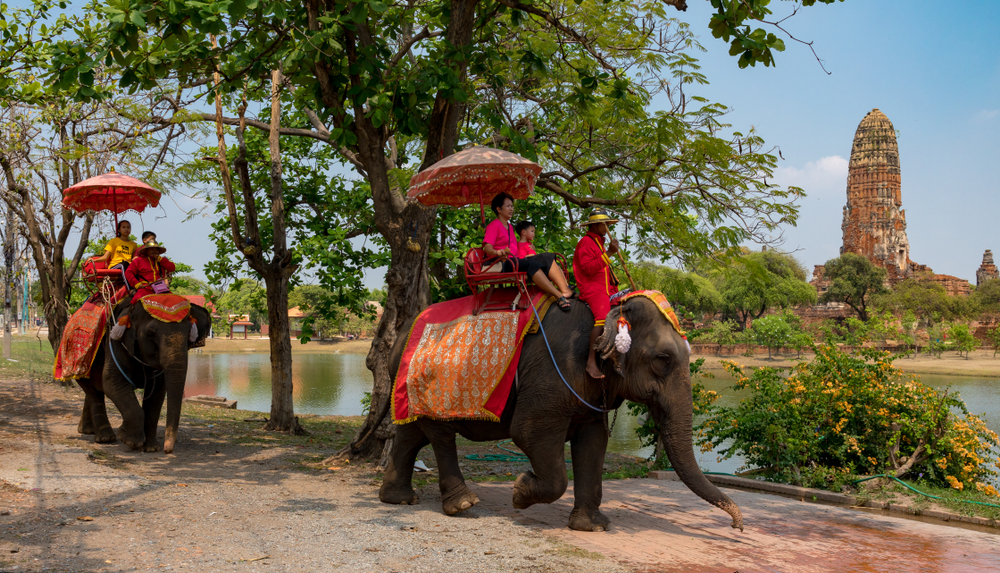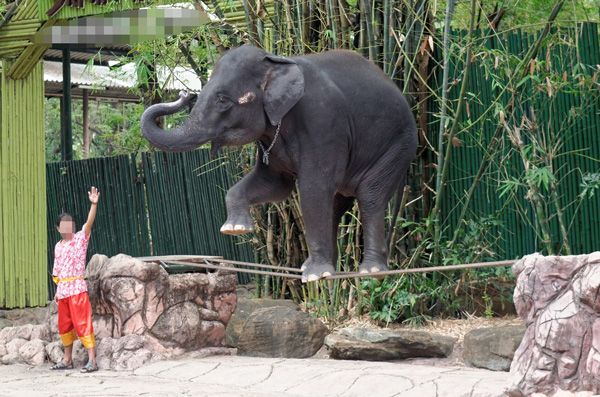Travel associations ignore wildlife cruelty in tourism – World Animal Protection

World Animal Protection revealed shocking research findings at the World Travel Market in London. The organisation exposed that a high number of the world’s travel trade associations are lagging in providing animal welfare guidelines to travel companies, with the majority of associations doing nothing to prevent wildlife cruelty in tourism.
According to the research commission by WAP from the University of Surrey:
- Just 21 of the 62 travel trade associations researched had a page on their websites on sustainable tourism.
- Of these 21 travel associations, only six are communicating anything at all about animal welfare.
- Out of the six, only three travel trade associations had what the researchers define as appropriate animal welfare programmes. These three included; ABTA (UK’s largest travel association), ANVR (Dutch Association of Travel Agents and Tour Operators) and GSTC (Travel organization).
- Only one of the three travel trade associations (ANVR) is doing any monitoring of its members to check if they implement guidelines or not.
- Alarmingly, 16 associations in both their literature and on their websites featured promotional pictures of wild animals, in many cases being cruelly used to interact with tourists.
While ABTA and ANVR have set animal welfare guidelines, the research shows considerable room for improvement. ABTA’s guidelines are seen as the de facto industry standards, but at the same time are considered vague, inconsistent and while designed to inform members, lack enforcement mechanisms.

More than 550,000 captive wild animals worldwide, including elephants, sloths, tigers and dolphins endure appalling cruelty for tourist entertainment. For most wild animals, the cruelty involves being snatched from the wild; ‘trained’ with beatings, living in severely inadequate conditions, being chained and isolated. These wild animals are forced to have contact with people, often causing them psychological trauma.
Tourists are also subjected to health and safety risk when participating in wild animal attractions. In Thailand alone, 17 fatalities and 21 serious injuries were reported in venues with captive elephants in Thailand between 2010 and 2016.
“A systematic problem that needs to be addressed”
In a statement, Nick Stewart, head of Wildlife Not Entertainers at World Animal Protection, said: “This is a systematic problem that needs to be addressed to ensure wild animals are not used for cruel tourist entertainment. Travel associations must step up, take action and commit to protecting wildlife.
“Following these research findings, we hope that travel associations will review their animal welfare guidelines. These associations must listen to their members and use this as an opportunity to lead the travel industry to fully commit to protecting wildlife.”
Therefore, the organisation calls for a strong animal welfare guideline to promote animal-friendly tourism.


Comments are closed.